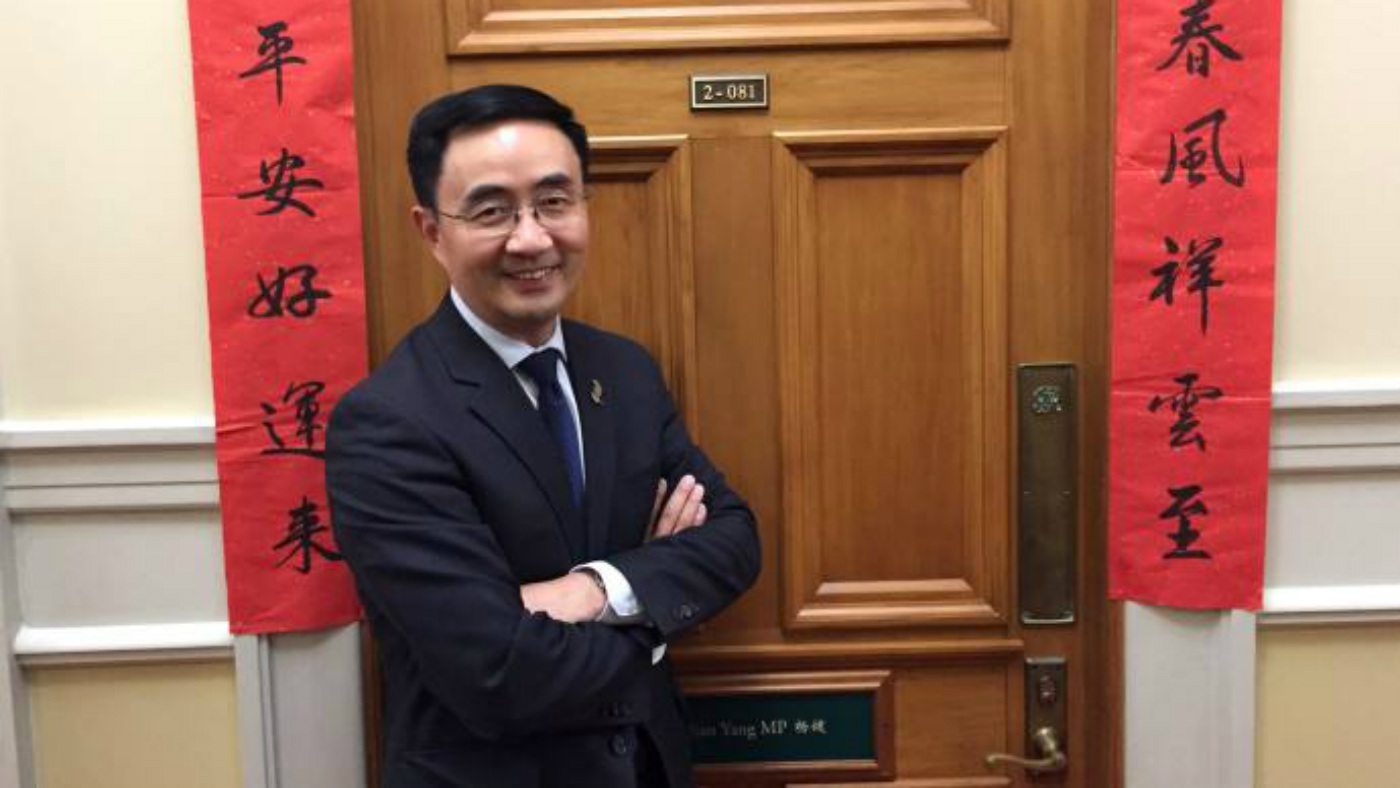New Zealand’s conservative National party had hoped to coast into a fourth consecutive win at this Saturday’s election, but the status quo is being threatened by an upstart Labour opposition leader and an internal spy scandal.
Energetic 38-year-old Jacinda Ardern moved into the spotlight only two months ago when Labour leader Andrew Little resigned. Previously Little's deputy, Ardern was appointed opposition leader to take on Prime Minister Bill English.
Ardern, a novice who once worked as an aide to Tony Blair, went down well with women on the campaign trail, particularly when she slapped down an interviewer asking if she had plans to have a baby, The Daily Mail says.
In a remarkable turn-around, Ardern is now a household name worldwide and Saturday’s race is “neck-and-neck”, says CNBC.
The China connection
Jacinda Ardern isn’t the only wild card in an unusually exciting New Zealand political race, infused with John Le Carre-style intrigue.
A joint investigation by the Financial Times and Newsroom NZ made international headlines last week when journalists accused National party MP Jian Yang of having once taught at an elite Chinese spy school.
They revealed that Yang spent a decade in China receiving [PLA] military and intelligence training and working as a teacher at the Luoyang Foreign Language Institute, described by the FT as China’s answer to the UK’s GCHQ intelligence agency.g
Yang denied being a spy during a press conference last week but admitted training Chinese spies to monitor communications from other countries. He refused to say whether they included New Zealand.
'Fortuitously'
“The story of Jian Yang MP has echoes of The Americans,” and who live abroad and work in banal jobs.
Even if Yang has done nothing wrong, the spy scandal has cast Bill English's National party in a poor light.
“It is entirely possible that Yang severed all ties with Chinese military intelligence when he left China in 1994 and has had no contact with any Chinese agents since then,” writes the FT’s Jamil Anderlini. But he adds: “The fact he was able to enter parliament with very little scrutiny and serve on a committee overseeing foreign affairs, defence and trade, and that his education and military intelligence background appeared nowhere on his official biographies in New Zealand, raises some troubling questions.”
'Fortuitously' the spy row has “boosted” Ardern’s chances of becoming prime minister, The Sunday Times says, and has re-energized a campaign bogged down with more minor issues, including plans to make New Zealand rivers swimmable, boost student allowances and invest in roads and transport links.

“Anticipation is building in the south Pacific nation where, for the first time in a decade, the outcome of the vote is genuinely up for grabs,” The Guardian says.



No comments:
Post a Comment
Comments always welcome!